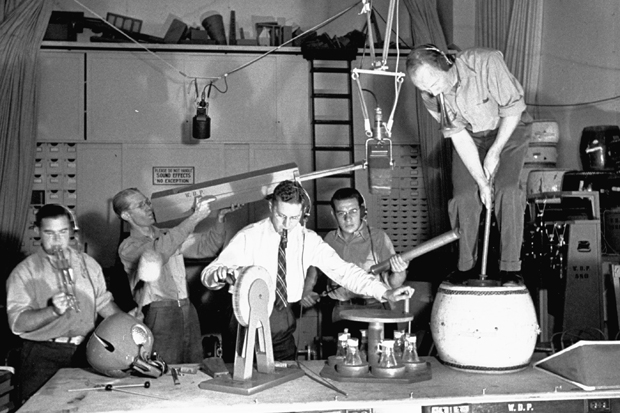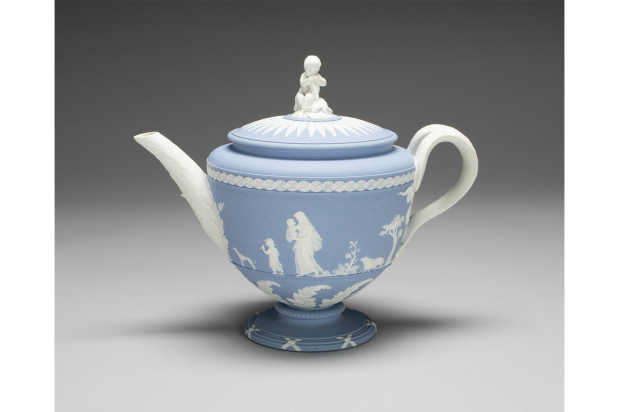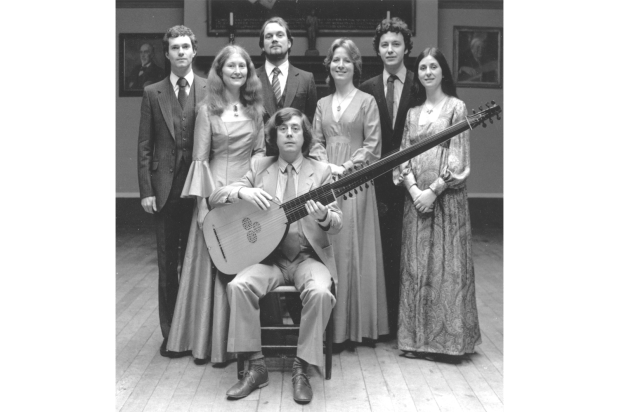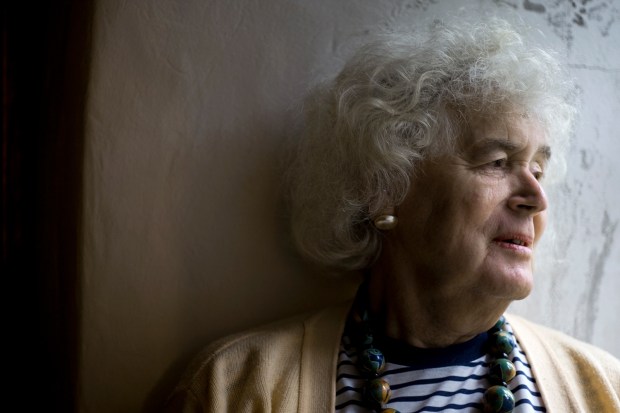The aching hum of crickets. The susurrus of reeds. The lapping of waves. The unmistakable noise of a sound technician ripping a duster in two as the heroine’s dress was torn, thuggishly, by a character in the heat of passion… The sound effects for Harold Pinter’s adaptation of Joseph Conrad’s Victory (which started life as a screenplay and has now been dramatised by Radio Four, Saturday)transported us to a private island in the Java sea. The fashion for recording radio broadcasts on location (parts of Radio Four’s recent War and Peace were taped at battle reenactments in the Czech Republic, for goodness sake) seems to be missing the point, which is all about testing a sound designer to summon up, say, a flock of angry seagulls using only an umbrella and some digital screeching.
The pairing of Conrad and Pinter was perfect, their mutual mastery of ambiguity creating an atmosphere that was, at times, overwhelmingly tense. No one is quite who they seem. A German passes himself off as an Italian. The reclusive Baron Heyst, a man of substance, is an Adam on his own paradise island. His shadow self begins to take over. He rescues a woman, Lena, from her terrible fate in an all-female travelling orchestra. Soon it turns out that she is also a cipher. ‘If you were to stop thinking of me I wouldn’t be in the world at all,’ she says, in lines imported from the novel. ‘I can only be what you think I am.’ For Conrad writing in 1914, those words would have referenced Husserl’s philosophy of phenomenology. In Pinter’s hands they became perfectly Pinteresque.
As well as the pleasure of following the dramatisation of Joseph Conrad’s last major novel, there was the secondary pleasure of envisioning the film that was never made, wondering about its reception, its camera techniques, its casting. I felt that a few lines from the screenplay might not have made it into the director’s cut. When a man and a woman are in close proximity on camera, he does not always need to growl, ‘Your body – your body!’ to make his feelings understood. ‘He reaches for her breast,’ interjects Simon Russell Beale. Almost any other actor would have been an intrusion, popping up to break the fourth wall and give us selected camera directions, but Russell Beale’s voice is such a balm, so familiar, nimble and wise, that I could only be pleased to hear it. Richard Eyre, adapting and directing, brought his usual excellence to the project (I am no relation) and attracted some actors at flare-point in their career. Mark Strong, who has been much praised for his current performance in A View from the Bridge at Wyndham’s, played Ricardo and was disconcertingly similar, vocally, to Charlie Brooker’s comic creation Barry Shitpeas. The fabulous Vanessa Kirby played Lena. I’ll never forget her Masha at the Young Vic. She can do ethereal beautifully on stage, and here she did it again. It seems a shame to cast to type on radio. The voice can go where the body can’t — which was why it was so unimaginative of Radio Four to cast Lily Cole as Helen of Troy earlier in the year — but they both gave creditable performances, so tant pis.
I hope this production wasn’t just one of those sweeteners that pop up pre-licence-fee-renewal debate — the audio equivalent of Wolf Hall. All radio drama should be at this level. The concept of broadcasting unfilmed screenplays on radio is a brilliant one. Why not exploit the imagination, boundless and cheap, instead of ploughing money into a literal version? Telling is sometimes better than showing. In this week’s episode of his series The Business of Film (Radio Four, Sunday), Mark Kermode invited producers to explain the unpredictable and frighteningly expensive process of bringing any vision to the screen. They talked fast, they dropped names. Nothing stuck much. There was little certainty or vision. No wonder we’re getting the movies we’re getting.
Sue Limb ought to be festooned with praise for Gloomsbury (Radio Four, Friday). It is a spot-on parody of Bloomsbury written with irresistibly daft panache. This week, tending to her gardens at Sizzlinghurst, Vera Sackcloth-Vest found her mammillarias were about to come out, while Ginny Fox went on a picnic in an attempt to have fun. Alison Steadman’s Virginia Woolf is magnificent. She plays Mrs Gosling too, in fine repertory tradition. It’s a repeat, but I hope that there is more coming very soon from Ms Limb. Only a genius could be this silly.
Got something to add? Join the discussion and comment below.
Get 10 issues for just $10
Subscribe to The Spectator Australia today for the next 10 magazine issues, plus full online access, for just $10.
You might disagree with half of it, but you’ll enjoy reading all of it. Try your first month for free, then just $2 a week for the remainder of your first year.














Comments
Don't miss out
Join the conversation with other Spectator Australia readers. Subscribe to leave a comment.
SUBSCRIBEAlready a subscriber? Log in